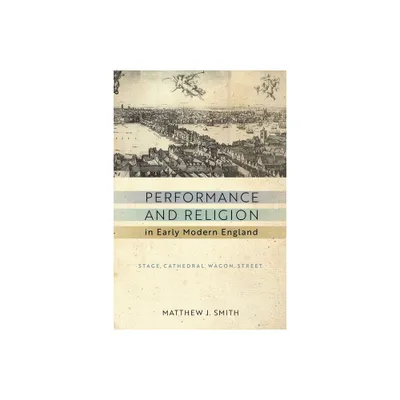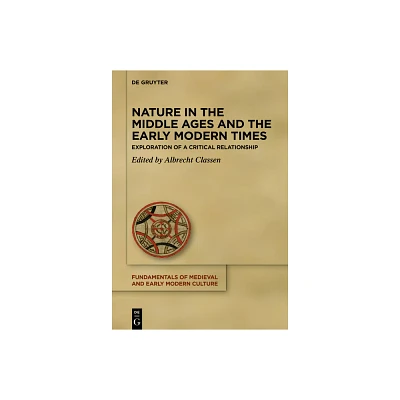Home
Surprising Bedfellows: Hindus and Muslims in Medieval and Early Modern India
Loading Inventory...
Barnes and Noble
Surprising Bedfellows: Hindus and Muslims in Medieval and Early Modern India
Current price: $101.00


Barnes and Noble
Surprising Bedfellows: Hindus and Muslims in Medieval and Early Modern India
Current price: $101.00
Loading Inventory...
Size: OS
*Product Information may vary - to confirm product availability, pricing, and additional information please contact Barnes and Noble
Surprising Bedfellows: Hindus and Muslims in Medieval and Early Modern India
argues that religious and cultural identities in medieval and early modern India were marked by fluid and constantly shifting relationships rather than by the binary model of opposition that is assumed in so much scholarship. Building on the pioneering work of scholars such as Cynthia Talbot and Brajadulal Chattopadhyaya, these chapters seek to understand identity perception through romances, historical documents, ballads and historical epics, inscriptions and even architecture. The chapters in this volume urge readers to reconsider the simple and rigid application of categories such as Hindu and Muslim when studying South Asia's medieval and early modern past. It is only by doing this that we can understand the past and, perhaps, help prevent the dangerous rewriting of Indian history.
argues that religious and cultural identities in medieval and early modern India were marked by fluid and constantly shifting relationships rather than by the binary model of opposition that is assumed in so much scholarship. Building on the pioneering work of scholars such as Cynthia Talbot and Brajadulal Chattopadhyaya, these chapters seek to understand identity perception through romances, historical documents, ballads and historical epics, inscriptions and even architecture. The chapters in this volume urge readers to reconsider the simple and rigid application of categories such as Hindu and Muslim when studying South Asia's medieval and early modern past. It is only by doing this that we can understand the past and, perhaps, help prevent the dangerous rewriting of Indian history.


















